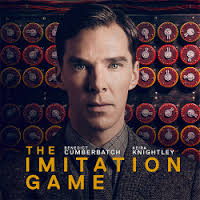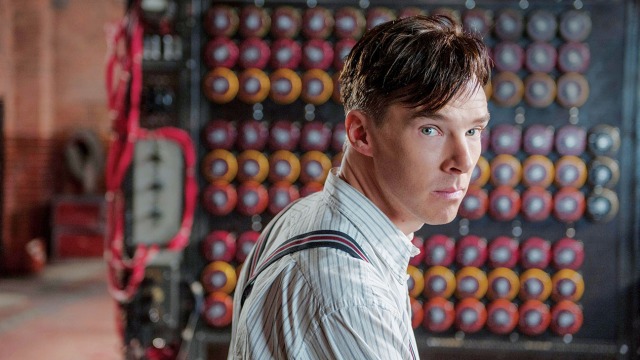dThe short answer is, not very. After doing some research I found that most of my sources seemed to agree on one thing: The Imitation Game was a good entertaining movie but that was about it. The film had many historical accuracies that made it be far from educational.

The Imitation Game is a very entertaining movie…
Jack Copeland, a professor and author of several books on Alan Turing, explained how the films depiction of Turing was skewed. The film depicted him as being a gay antisocial individual with no sense of humor, but, Copeland said Turing possessed an “impish, irreverent and infectious sense of humour” (Copeland). Furthermore, Copeland states that Turing was indeed quite reserved and that he kept to himself, except for a select few of his acquaintances so the film wan’t to far off. Copeland then goes on to describe additional quirks and personality of Turing which was completely different then how he was portrayed in the film.

However, its historically inaccurate information makes it hard for the audience to distinguish what is fiction and what is not.
Another article, written by Tony Rothman, a writer with a PhD from Texas University, talks about further inaccuracies found within the film. One major inaccuracy is that the film made it seem like Turing was the one who invented the machine from scratch. However, according to Rothman, the Polish were the first ones to lay the groundwork for the machine and that Turing only “improved on the Polish efforts, including the bombes, but it is unlikely that efforts at Bletchley Park would have gone as far and as fast without their contributions” (Rothman). In the end it seems that the film portrays both Turing and his achievements in an inaccurate manner. The question that begs to be asked is why? Why would they distort history and not simply stick to the truth? That’s something that I look forward to answering in my research paper.
Sources:
Rothman, Tony. “Testing Turing’s Legacy.” Discover 36.8 (2015): 70-72. Academic Search Complete. Web. 11 May 2016.
Copeland, Jack. “Summing up Alan Turing | OUPblog.” OUPblog Summing up Alan Turing Comments. 28 Nov. 2012. Web. 20 May 2016.
